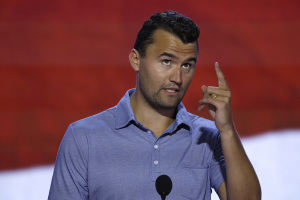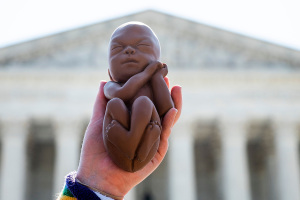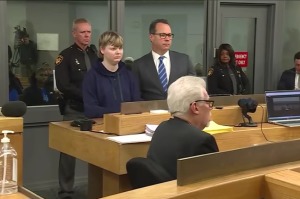Left Behind in the Mainline: Witnessing Within The Episcopal Church
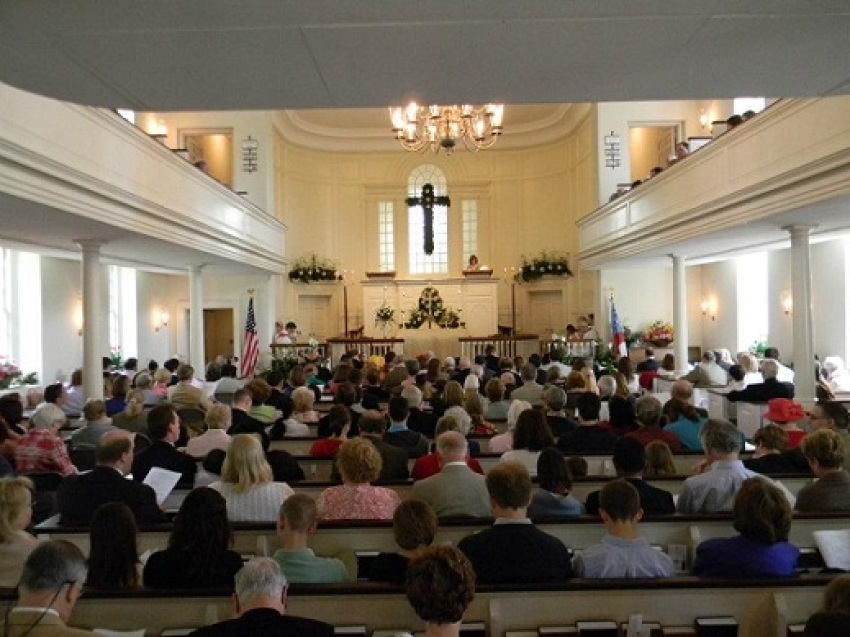
Editor's Note: This is the first in a series on churches that chose not to leave their respective mainline Protestant denominations despite disagreement with the denominations' changes in theological positions.
Longstanding American churches known as mainline Protestant denominations have garnered many headlines for their increasing liberal theological stances. In response to this theological drift, large numbers of people and congregations have opted to leave these mainline churches for more biblically orthodox pastures.
However, oftentimes less reported is the news about those members who decide to stay within the mainline denominations to continue as a witness to the traditional understanding of the Gospel.
One such individual is the Rev. Charles D. Alley, Ph.D., of St. Matthew's Episcopal Church in Richmond, Virginia.
In an interview with The Christian Post, Dr. Alley explained that when it comes to his congregation remaining in The Episcopal Church, "divorce is not an option for us."
"Each of us individually and corporately must discern the path of obedience that God has willed for us. We have discerned a call to stay in TEC and to provide an example of an authentic Anglican identity," said Alley.
"That being said, we continue to resist the temptation to sit back and let things happen. To be missional is to stand for something, so we seek ways to represent the truth of Jesus Christ in the life and counsels of the church as a fellowship of witness."
Alley framed his decision to remain within The Episcopal Church in biblical terms, noting the actions of Jesus Christ and His interaction with Jewish authorities.
"Jesus remained a Jew and repeatedly went to the Jewish authorities and debated with them even though they rejected his message and ultimately Him," said Alley.
"As a parish and individuals, we are trying to stand firm for the faith within The Episcopal Church and perhaps be a light for those who wish to see."
A Church in Schism
Established in the eighteenth century, The Episcopal Church belongs to the 77 million-member global body known as the Anglican Communion.
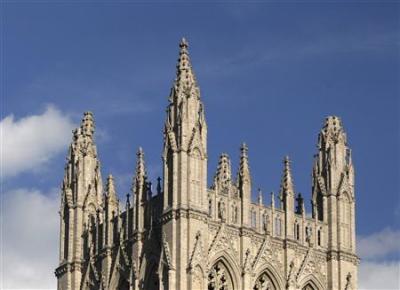
Many U.S. presidents have belonged to the denomination and one of its impressive structures, the National Cathedral, remains a prominent feature in the District of Columbia's skyline.
Over the past generation or so, conservatives within the denomination have become alienated by the leadership, which has taken a more progressive stance on theological matters including salvation and sexual ethics.
For many, the last straw fell when The Episcopal Church ordained its first openly gay bishop, the Rev. Gene Robinson, back in 2003.
Dozens of churches and at least two dioceses have attempted to break away from the U.S. church body, only to find themselves fighting years-long legal battles over their property.
The Episcopal Church's liberal direction has alienated many other member churches of the Anglican Communion as well, especially those in the developing world like Africa.
Recently, the head of the Communion, Archbishop of Canterbury Justin Welby, spoke of the likelihood of schism.
In an interview with the United Kingdom publication The Times in December, Welby said that the Anglican Communion may experience "a sort of temporary separation."
"I think, realistically, we've got to say that despite all efforts there is a possibility that we will not hold together, or not hold together for a while," said Welby.
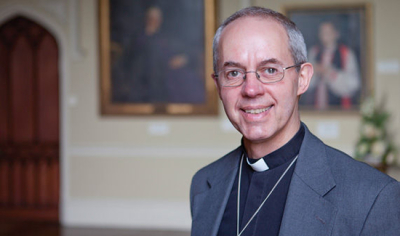
"I could see circumstances in which there could be people moving apart and then coming back together, depending on what else happens."
Alley of St. Matthews told CP that he felt a major concern he had for The Episcopal Church was the lack of listening to other voices within the Communion.
"At this point in the history of The Episcopal Church, we have become very accomplished at listening to ourselves, but reasonably deaf to the voices of the other provinces of our Communion," said Alley.
"Furthermore, the voices of those we choose to hear have effectively deafened us to the voice of Scripture."
Discernment and the 'Red Line'
While St. Matthews in Richmond chose to remain with the mainline body, Alley explained to CP that he believed there needed to be a "spirit of clarity" between those who have opted to leave and those who have opted to remain.
"Those who are called to remain in TEC need to acknowledge and honor the call of those who are called to leave and form a new entity," said Alley.
"Likewise, the reformers need to refrain from making assumptions about those who are called to be a witness in the denomination and respect their chosen path of obedience."
When asked by CP whether or not a "red line" existed for when Alley would decide to leave the denomination, the reverend replied that one did exist.
"In the case of the church, either TEC will see an alternative model for living and embrace it or the denomination will reject it," said Alley.
"But that institutional decision is not the 'red line.' The 'red line' is drawn where I am directed to do something that is against the counsel of Scripture or face the consequences."















